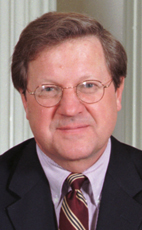Mr. Speaker, the provinces are not being pressured. On the contrary, they are asking the federal government to respond to their efforts to develop new approaches to the social security system.
It is the Bloc Quebecois, in this House, that is rejecting the reform process, thereby isolating itself on this issue. Surely you are aware that all of the Quebec newspapers, Le Soleil, Le Droit and others, have published articles stating that the time for reform is now.

